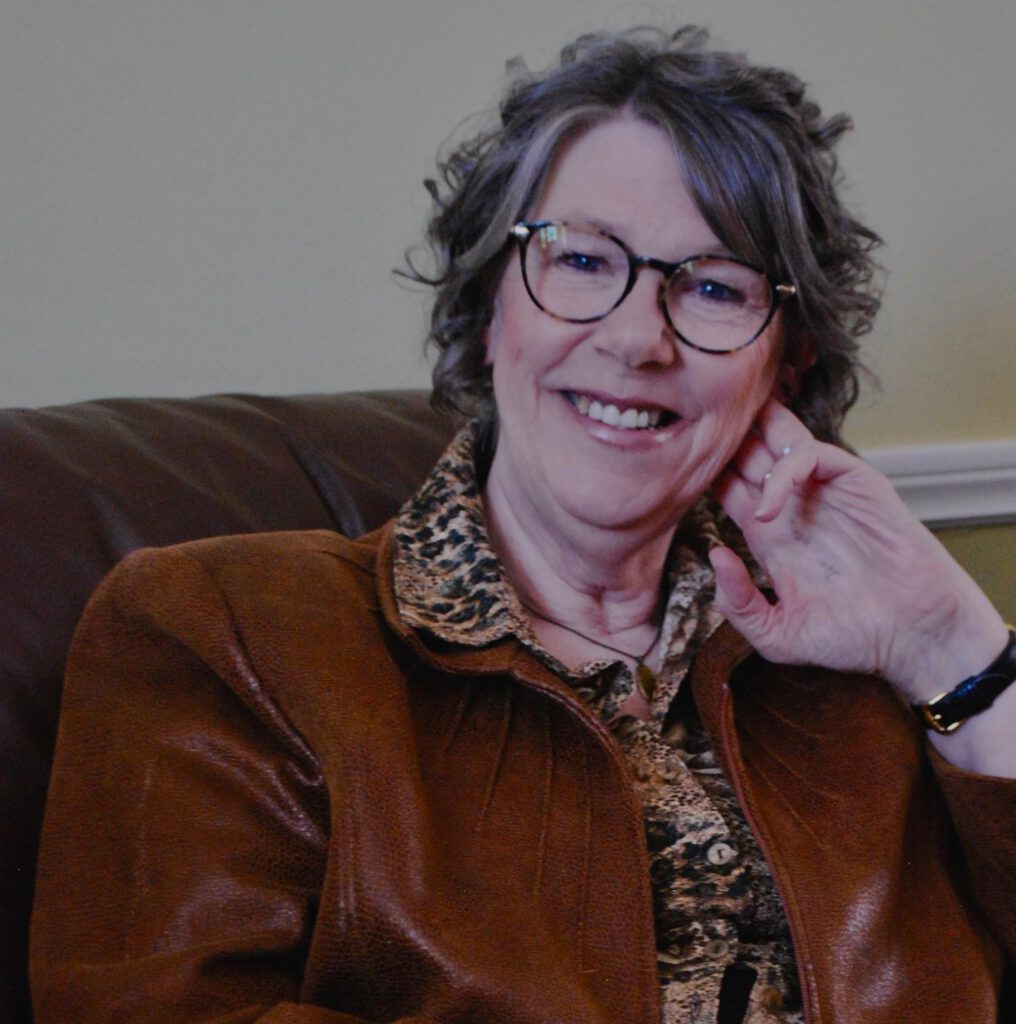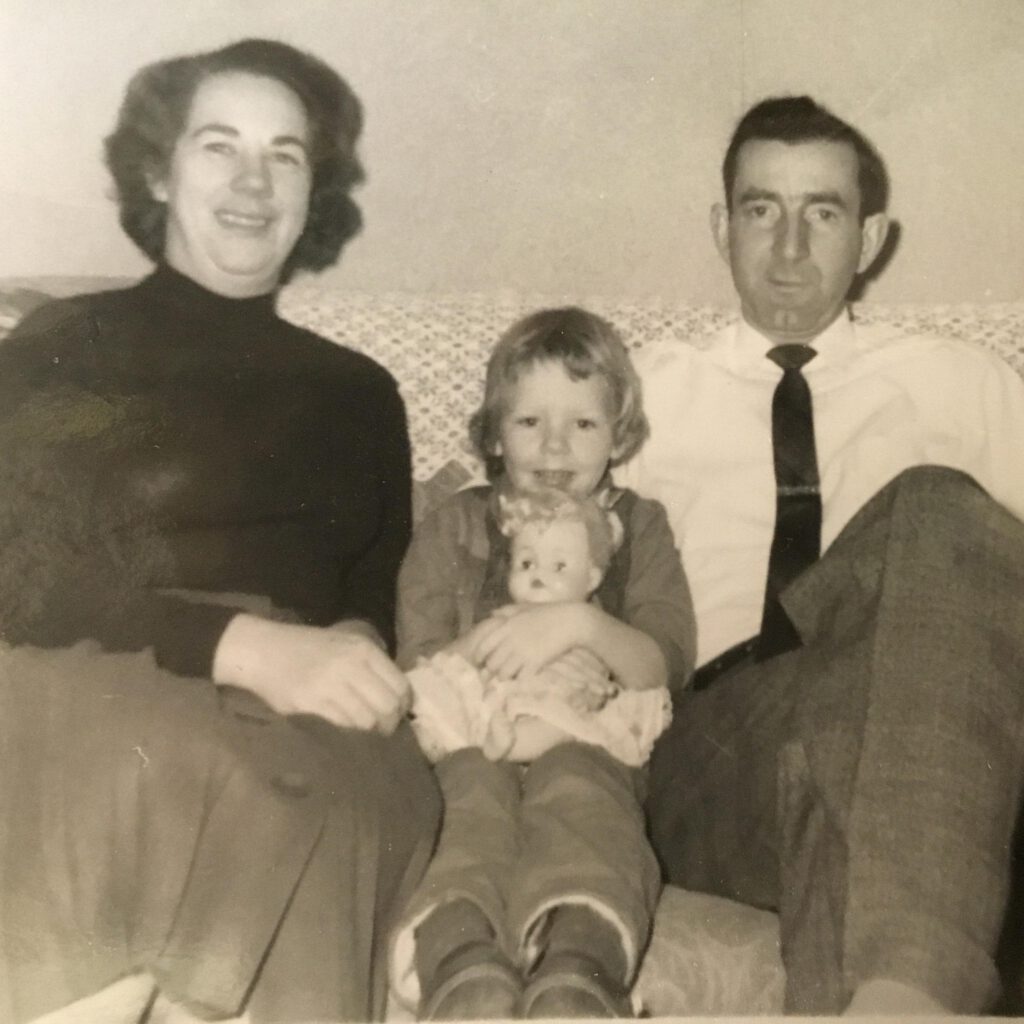“Nature and Nurture Shape Who We Become”: Lynn’s Story

I was born in the late 1950s in a hospital connected to a home for unwed mothers near Ottawa, Ontario. My birth mother had made an adoption plan for me just as she had for my half-sister, who was born two and a half years earlier. There were limited options for unwed mothers back then, but a great deal of shame and blame was placed on her. Her journey was one of vulnerability as a young immigrant to Canada.
I spent my first weeks in the hospital being cared for by nurses. I consider them my first mothers. For the next several months, I lived in foster care in Northern Ontario, awaiting a match with a permanent home. I consider that foster family my second parents. I was then placed on adoption probation with my parents and my brother. I was finally home.

As an adult, I often asked why I was placed in foster care if my birth mother had signed adoption papers. I was nine months old before I was finally matched with my permanent family. I was told that at the time, there were “drawers full of babies, but not enough families.” Ouch.
So many questions remained unanswered in my childhood and teenage years. Did my birth mother think about me? Where did I get my big ears? When I discovered I was a ventriloquist, it made me wonder, was my birth mother or maybe birth father a ventriloquist too? Would I be tall or short? Were there any genetic medical conditions?
I began my career working with children who struggled with emotional regulation. Eventually, I became an adoption disclosure worker, helping birth families and adult adoptees learn more about each other and facilitating adoption reunions. I also served as a birth parent counselor and an adoption worker. I would be asked to consult for children’s mental health workers when adoption issues arose in therapy. I worked with foster families, kinship families and permanent families. I also co-facilitated a support group for birth parents and adult adopted persons.
Everyone I served throughout my career had questions, but they seemed intimidated to ask them. Adult adopted persons did not feel like they had the right to information, nor did birth parents. In general, adoptees feared hurting their adoptive parents by asking about their family of origin. Parents did not know when or how to tell their adopted children about their birth families. Often, they were afraid that their children might prefer their family of origin.
Through these experiences, I learned that…
- Children can love many parents and caregivers, even at the same time, and they feel better understanding their unique adoption, kinship or foster care journey.
- Children need to talk about their stories, so they know that having to change families was not their fault and was not caused by something that they did or did not do.
- Adoptees are influenced by many adults, genetically, experientially and culturally.
It was those realizations and a lack of support materials for adoptees and their families that led me to write my book. Ultimately, what I discovered is that it is not nature versus nurture, but nature and nurture working together that shapes who we become.
Thank you, Lynn, for sharing your story and for supporting others in growing their families through adoption.
Right now, thousands children are waiting to be adopted from foster care in Canada. Families who adopt are as unique and diverse as the youth in their care. You do not need to be young, wealthy or married to provide a safe, loving and permanent home for a child in need. Are you interested in foster care adoption? Explore our free, step-by-step adoption guide to get started.
